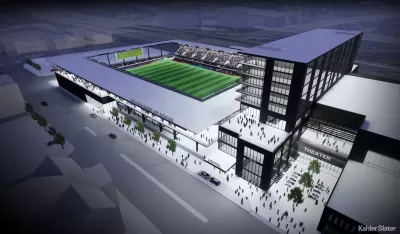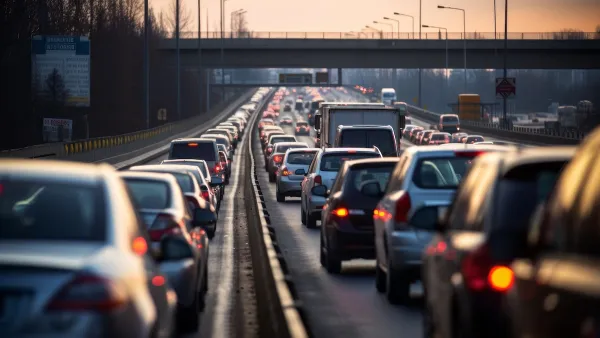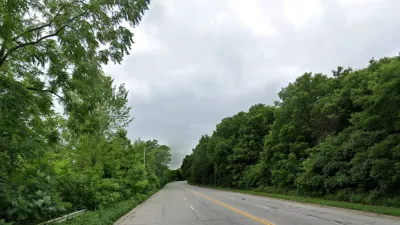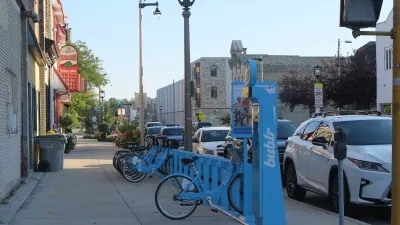While their developers often tout jobs and local economic development as benefits of major stadium projects, research shows these venues often make little impact on local economies.

As Milwaukee debates the merits of a $160 million soccer stadium development that will likely require public funding, Graham Kilmer, writing in Urban Milwaukee, points out that “Academic economists almost universally agree that sports projects do not generate new jobs or income for a city.”
Furthering this point, a new report from the Center on Wisconsin Strategy (COWS) “relies on two studies that show the majority of economists agree that sports projects do not actually provide the benefits touted by developers and the report lays out five soccer stadium projects across the U.S. in the last five years, which together have received $500 million in public money.”
According to experts, sports venues don’t produce the expected economic benefits for two main reasons: the substitution effect, which holds that the money spent on sports would be spent on other entertainment in the area, and leakage, wherein public investment “leaks out of the community” via high salaries that are spent outside the local area.
“If public officials are looking for projects to stimulate growth, they should look to infrastructure and education, according to the St. Louis Fed paper [analyzed in the COWS study].” COWS and their collaborator, the Milwaukee Area Service and Hospitality Labor Organization (MASH), argue that “Milwaukee policy makers should look at what kind of benefits they can gain for the community if they consider financing the project.”
FULL STORY: Report Finds Little Economic Impact From Stadium Projects

Planetizen Federal Action Tracker
A weekly monitor of how Trump’s orders and actions are impacting planners and planning in America.

Restaurant Patios Were a Pandemic Win — Why Were They so Hard to Keep?
Social distancing requirements and changes in travel patterns prompted cities to pilot new uses for street and sidewalk space. Then it got complicated.

Map: Where Senate Republicans Want to Sell Your Public Lands
For public land advocates, the Senate Republicans’ proposal to sell millions of acres of public land in the West is “the biggest fight of their careers.”

Maui's Vacation Rental Debate Turns Ugly
Verbal attacks, misinformation campaigns and fistfights plague a high-stakes debate to convert thousands of vacation rentals into long-term housing.

San Francisco Suspends Traffic Calming Amidst Record Deaths
Citing “a challenging fiscal landscape,” the city will cease the program on the heels of 42 traffic deaths, including 24 pedestrians.

California Homeless Arrests, Citations Spike After Ruling
An investigation reveals that anti-homeless actions increased up to 500% after Grants Pass v. Johnson — even in cities claiming no policy change.
Urban Design for Planners 1: Software Tools
This six-course series explores essential urban design concepts using open source software and equips planners with the tools they need to participate fully in the urban design process.
Planning for Universal Design
Learn the tools for implementing Universal Design in planning regulations.
Heyer Gruel & Associates PA
JM Goldson LLC
Custer County Colorado
City of Camden Redevelopment Agency
City of Astoria
Transportation Research & Education Center (TREC) at Portland State University
Camden Redevelopment Agency
City of Claremont
Municipality of Princeton (NJ)





























